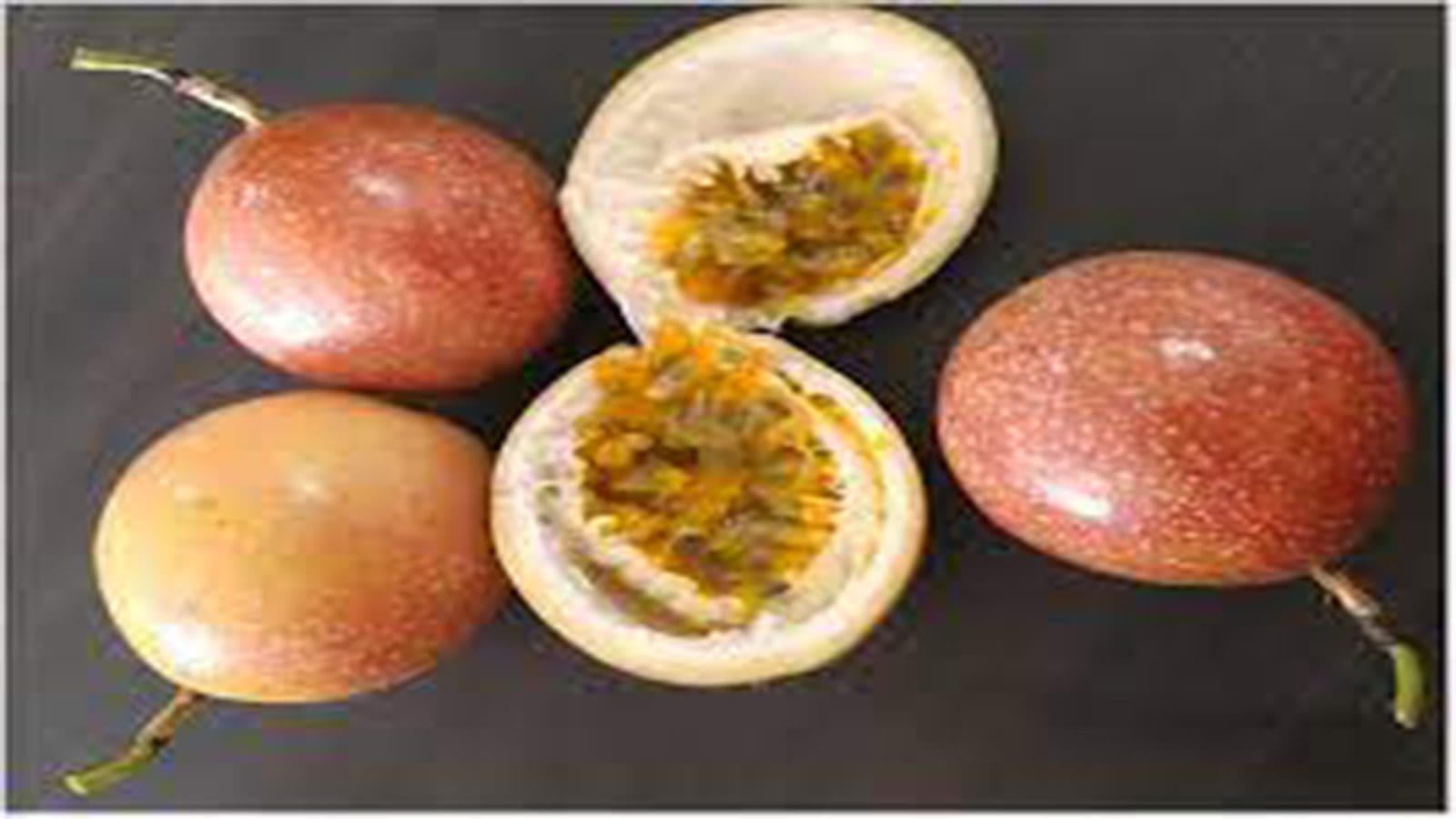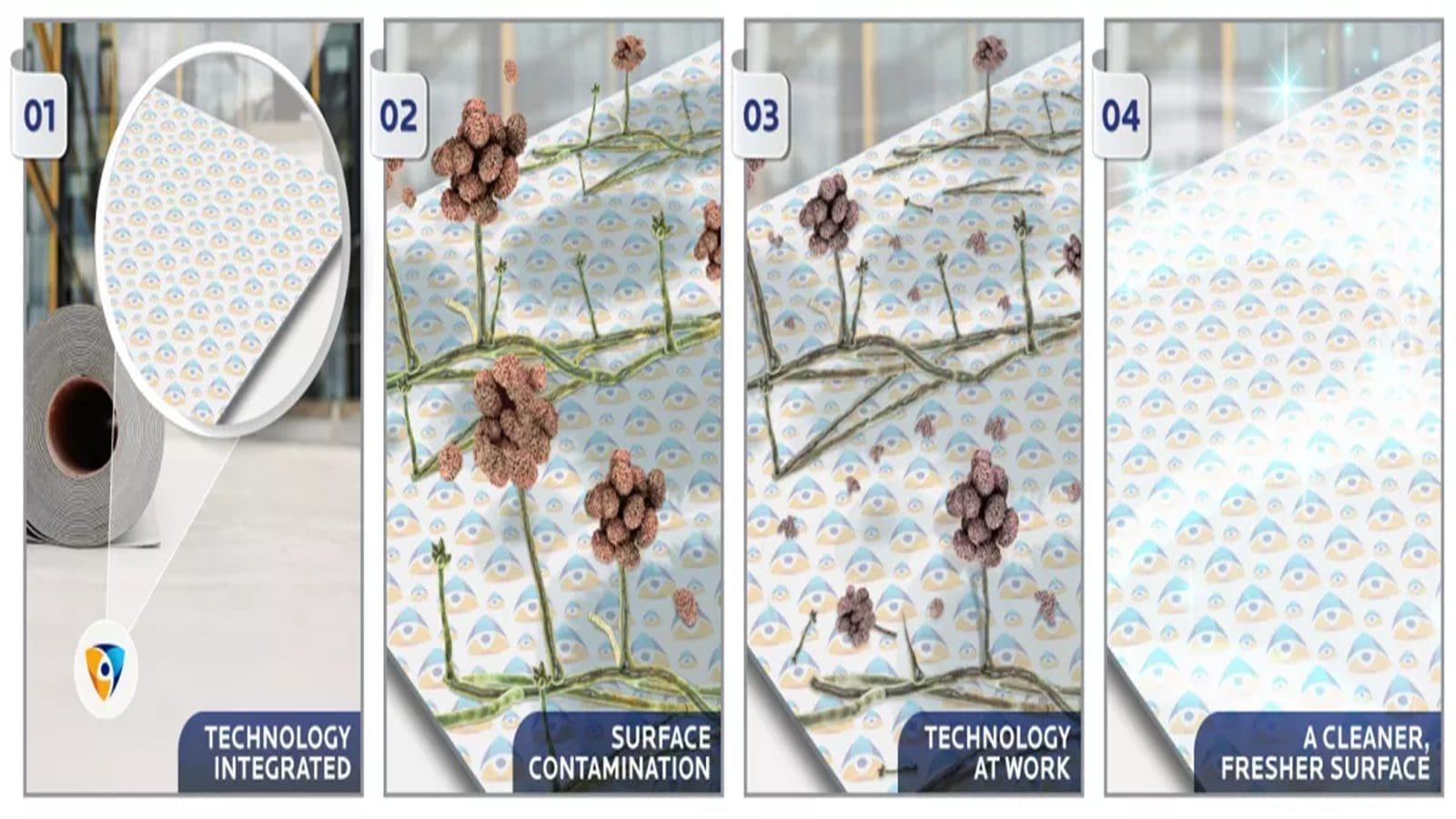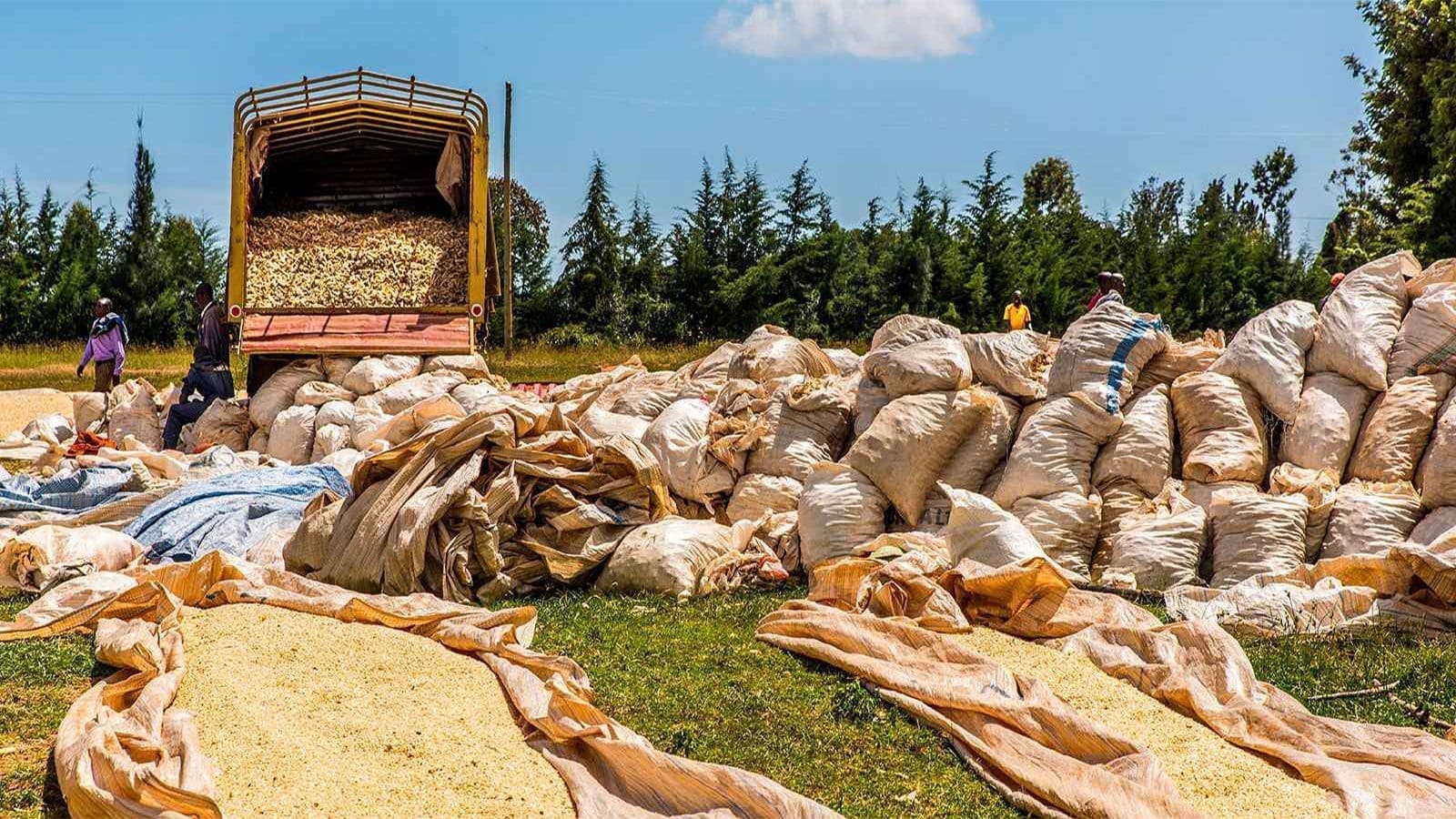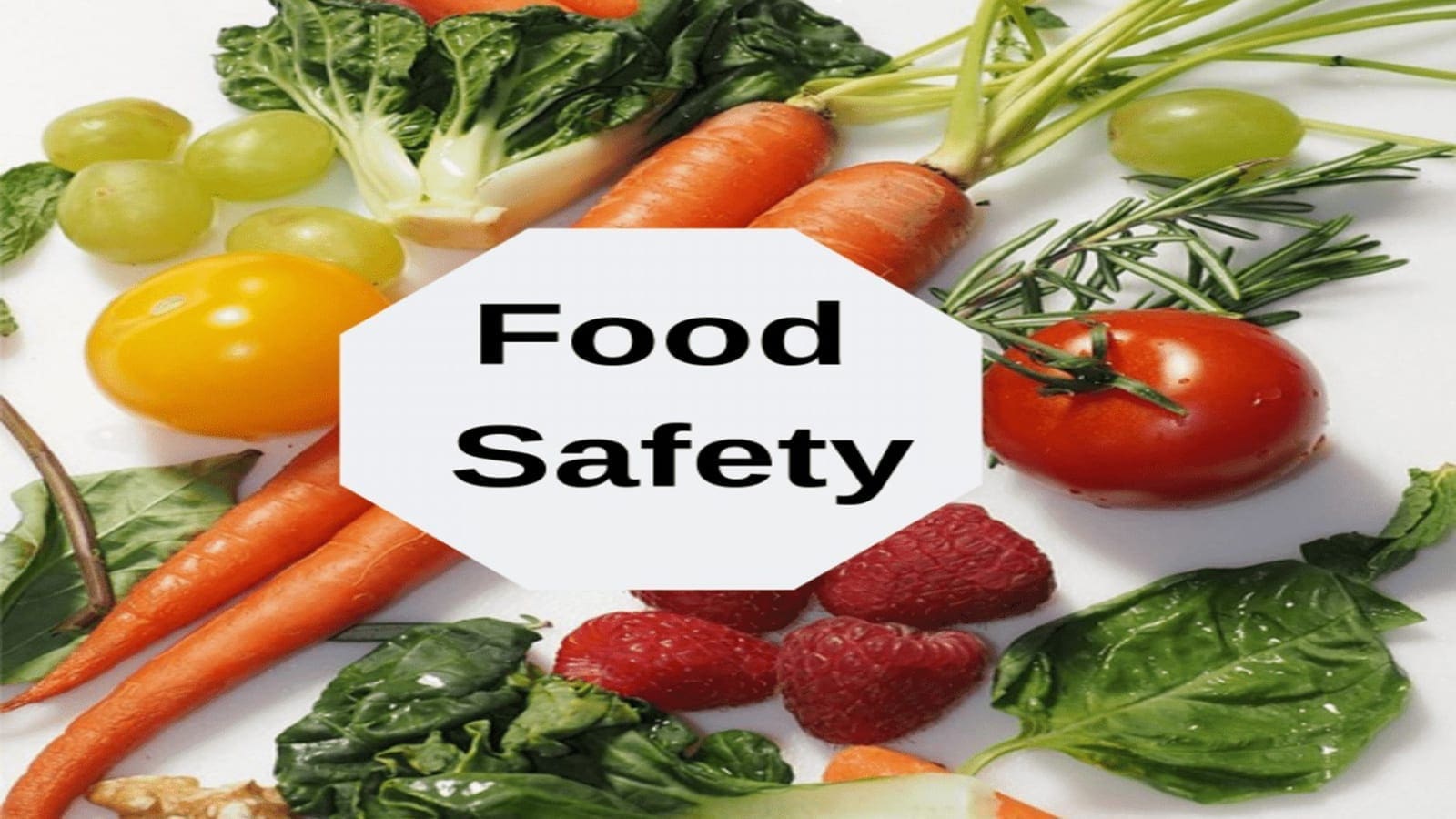SOUTH AFRICA – According to research from the University of Johannesburg, the high levels of antioxidants and polyphenols in passion fruit peels have a substantial potential to preserve fresh fruits and fresh cuts in an edible food coating.
A coating like this can lessen plastic packaging and spoilage in supply networks.
This work is based on research funded by the University of Johannesburg’s University Research Committee, the Gauteng Department of Agriculture and Rural Development (GDARD), and the National Research Foundation of South Africa (Grant Number: 129295).
From an organic farm, the researchers isolated, micro-encapsulated, freeze-dried, and powdered the peels of passion fruit (Passiflora edulis Sims).
This kind is renowned for its therapeutic properties. Passion fruit is primarily grown for concentrated juice on a global scale.
The powders provide the qualities required for an excellent, stable, edible food coating, according to their metabolomic and other analyses published in Antioxidants.
The powders may also serve as useful components of natural food additives.
According to Prof. Olaniyi Fawole from the University of Johannesburg, when fresh produce is packaged in plastic, the plastic creates a ‘micro-atmosphere’, putting a brake on what oxygen can do to the produce.
“Oxygen is the bad guy, it causes a lot of biochemical degradation. So we want to limit the oxygen that gets to the produce. And we also want to limit dehydration. Edible food coatings can potentially solve both the oxygen and dehydration problems in the cold chain,” he said.
Fawole pointed out that coating the product creates a barrier that lessens interference from a high-oxygen atmosphere. Since the coating maintains the fluids inside, dehydration is averted.
However, to assist prevent deterioration due to oxidation, any such coating must have a high antioxidant content and must also contain antimicrobials, as reported by EurekAlert.
An edible coating shouldn’t alter the product’s color, look, or flavor.
Such a coating can be especially helpful for fresh fruit slices, which degrade even more quickly than whole fruit and are subject to far more microbial exposure and dehydration.
Encapsulated powders viable alternatives to synthetic antioxidants
The microencapsulation process preserved high antioxidant and polyphenol content from the passion fruit peels. This is significant because antioxidants and other bioactive compounds are easily destroyed by industrial processes, pH, high storage temperature, oxygen, light, solvents, and metal ions.
The researchers also analyzed each encapsulated powder in turn for antioxidants and polyphenol content.
“The results mean that the encapsulated powders could be viable alternatives to synthetic antioxidants and can provide valuable properties such as antibrowning and anti-senescence behaviour. They also offer the additional benefit of being edible,” said Fawole.
Utilizing liquid chromatography-mass spectrometry powders (LC-MS), the researchers conducted metabolomic investigations to determine which polyphenols are contained in the microencapsulated.
Vanillic acid glucoside, quercetin, citric acid, gluconic acid, and caffeic acid are commercially significant polyphenols that have been retained in the microencapsulated powders at practical amounts.
“An edible coating or natural food preservative may be potent, but if its raw material is not stable, it is useless. For example, if it is hygroscopic, meaning it absorbs moisture, it is not suitable for industrial-scale applications,” Fawole explained.
He informed that these microencapsulated powders are non-hygroscopic, for all three carriers, and if well-packaged, and stored cool and dry, they should last up to six months.
“Also, you can open up a container, use what you need, close the container, and the rest will be stable. It won’t be necessary to use the contents of an entire container in one go,” he said.
According to the comprehensive laboratory findings, passion fruit peel microencapsulated powders are ideal as an active ingredient in natural food additives and edible food coatings, especially for “naked” fresh fruit and fresh cuts.
For all the latest food safety news from Africa and the World, subscribe to our NEWSLETTER, follow us on Twitter and LinkedIn, like us on Facebook and subscribe to our YouTube channel.








